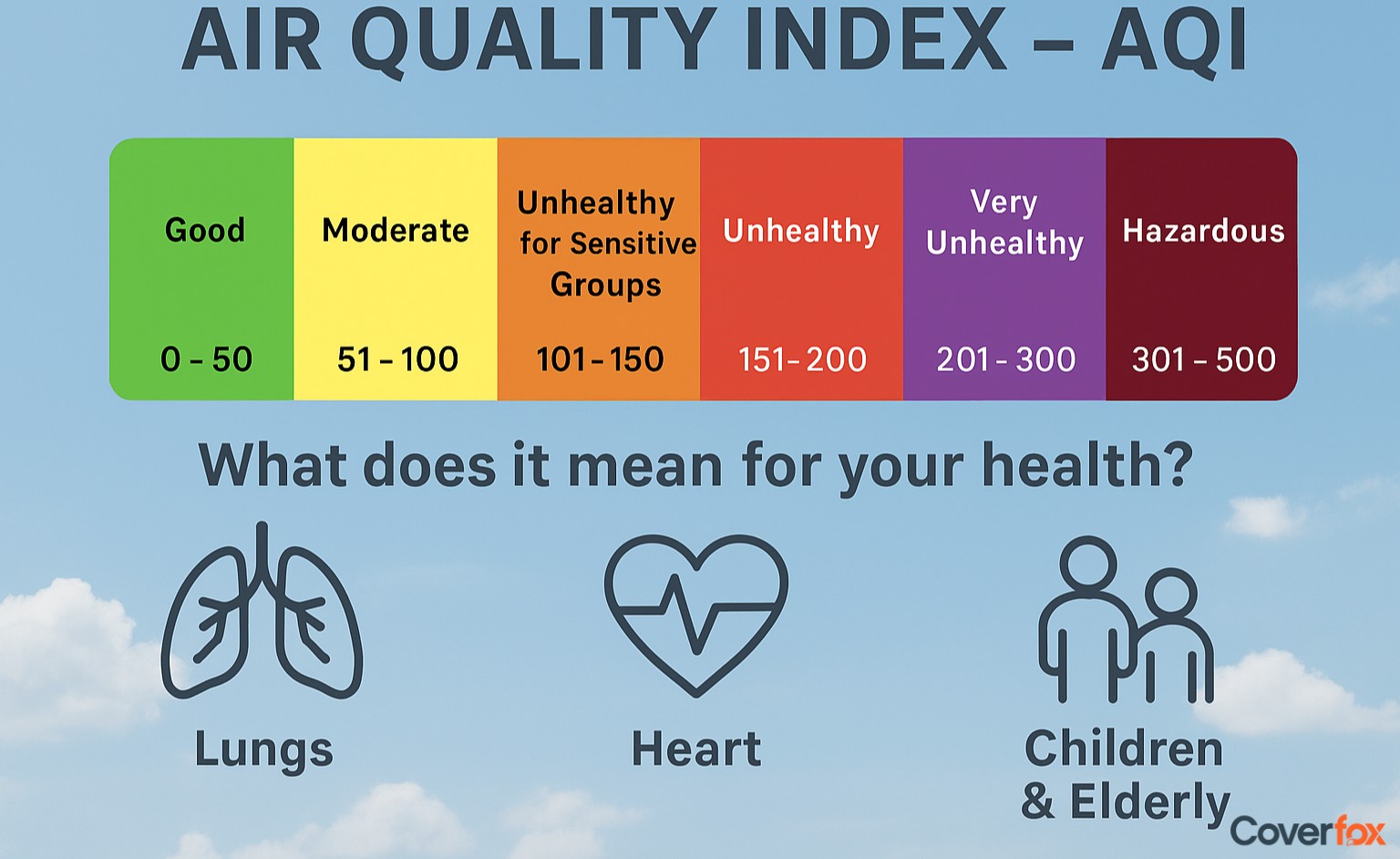How often do we come across cases where a family does not renew their health insurance policy on the due date? Since it is an annual expense, a policy taken for self, spouse & kids for a sufficient sum assured can cost you at least somewhere between Rs. 10,000 – Rs. 20,000 every year. You’ll agree that it’s not a small amount. If you also consider the premium for parents, it is a separate affair altogether. And hence if this expense is not planned properly in advance, it can lead to a liquidity problem in the month when it is due, and hence, can tempt you to skip this payment altogether.

In this article, let us discuss some strategies to plan in advance for this premium so that it becomes a less stressful and a more organised affair.
Consequences of Non Payment of Health Insurance Premium
First, let us understand what all can happen if the medical insurance premium is not paid so that you can feel the gravity of the default and why paying premium on time is so important:
If the premium is not paid by due date, though insurer provides a 30 day grace period before lapsing the policy, IRDA Health Insurance Regulations specifically provide that there will not be any insurance cover during this period. So, if the insurance premium was due on June 21, you can pay until July 20, but if something unfortunate happens after June 22, you’ll not be covered for the same till you make the premium payment.
As per Regulations, health insurance policies are renewable for life and insurer cannot deny the protection unless there is proved case of fraud, misrepresentation, etc. However, this rule applies only when the insurance policy is renewed without a break, year after year. For a particular year, if you fail to renew the policy, the insurer has full right to reject the fresh issuance, and you cannot claim a shelter against the lifelong renewability provision under the Regulation.
If the policy is not renewed, you will lose out on the credit accumulated by you for the waiting periods for pre-existing diseases as well as the specified waiting periods for certain illnesses. If you get the policy re-issued, it will be treated as a new policy and all the credits will be lost.
You’ll miss out on the tax deduction under Section 80D of the Income Tax Act, which is available for payment of health insurance premium for a mode other than cash, for self, spouse, kids and parents. In case you had mentioned this premium in your investment declaration to the employer at the start of the financial year, it will deduct some additional tax from your salary in Jan-March period.
Five Tips on How You Can Plan this Expense in Advance
Now that you know the consequences of failure to pay the insurance premium, let us look at some ways to help pay the premium on time:
01: Keep your budget in mind while purchasing a health insurance plan:
When you buy a medical insurance plan, the first thing to assess is your family’s health insurance requirements and then checking a policy that meets those requirements and is a clear policy with the least capping and sub-limits. However, it also merits attention to check the amount of premium you will need to pay year after year. If you’re considering a policy with all its bells and whistles, and costs you upwards of Rs. 25,000, and the fact that you get an intuition at the time of purchase itself that you might not be able to afford the regular annual premiums, it does not make sense to enter into such a commitment at all.
Instead, you can explore options like a basic and straightforward policy with bare minimum features, have some deductible also that can further reduce the premium. There are also options like buying only a super-top up cover if you already are covered under a group policy by employer etc. Later on, when your income levels rise, and you’re able to afford the higher premium, you can buy more exotic policies or increase sum insured in existing policies to take care of higher sum insured requirement. The Underlying point is that when you purchase a policy, you should be comfortable in paying the premium every year and it should not become an unnecessary burden on you.

02: Include this expense in your annual budget
If you are one of those families who prepare a budget at the start of the year, do not forget to include this cost at the outset of the year. Since it is a significant expense, it will require some careful cash flow planning to ensure you’re not short of funds then. You should start saving some money in advance every month for the goal. So, for example, if the expense is Rs. 20,000 for the year, you can save Rs. 2500 every month and eight months of consistent savings effort will ensure that by the time renewal comes up; you have the funds ready for the expense. This strategy would be successful only if you practised some tough love and delayed gratification on your part.
03: Maintain an emergency fund of at least 6-12 months
It’s one of the core tenets of personal financial planning that you should have a contingency fund of 6-12 months of your fixed monthly obligations parked in a fixed deposit, or a liquid mutual fund. And given the fact that the month on month cash flow is watertight for most of the families, and also given the fact that annual health insurance premium is not a small expense when it is due, you can draw from the contingency fund to pay for this spending. Later on, after a few months, as you get your bonuses and all, you can fill up the fund to the brim again. In short, contingency fund can prove to be a liquidity cushion in case of these expenses which can otherwise upset the entire cash flow for the month.
04: Put up two reminders: a month & a week in advance
Rather than getting the last minute shock, it is much better to know beforehand that a health insurance renewal is coming up so that you can plan the funds in advance. Though insurers follow a practice of sending a renewal notice to policyholders, as per the law, an insurer is not bound to provide any such notice. Hence, it is in your best interest to set up a reminder for this expense.
Ideally, there should be two reminders: the first one should be a month before the due date and second one a week before due date. The first reminder will make you sit up, take notice of the expense, plan for the funds and pay the premium. On the other hand, the second reminder will serve as a warning bell in case there is just a week left, and you’ve still not paid the premium. You can put a reminder in your Outlook, if you use one, or use to-do apps like Wunderlist and Followupthen.
05: Keep credit card payment as the option of the last resort:
So, let us assume that you’ve not been able to follow any of the above best practices and today is the last day for renewal of the policy. If you’re confident that you have adequate spare funds set aside and cannot be retrieved on such short notice, only in that case you should explore paying the premium by credit card. Otherwise, if you are not able to pay the credit card bill that you’ll receive in the next month, you’ll be slapped with interest and penal charges and it can also damage your credit score, which can lead to long-term consequences in your ability to get a loan from financial institutions.
Conclusion
Health insurance is a powerful tool to protect your hard earned wealth from the financial impact of medical exigencies. However, this protection comes with its share of responsibility, and that is paying premiums on time.
Following an organised approach towards this expense can not only result in the benefits that come with the uninterrupted renewal of the policy, but also give you a peace of mind and a stress-free life.






